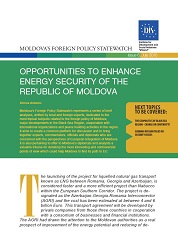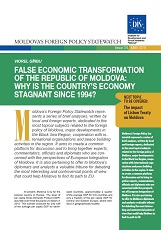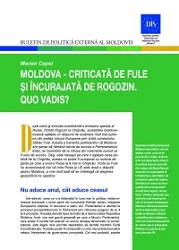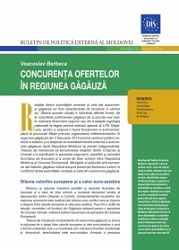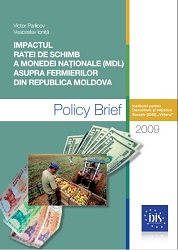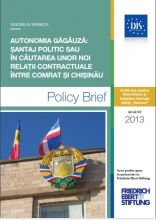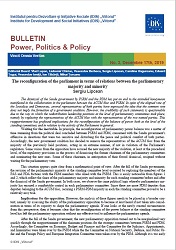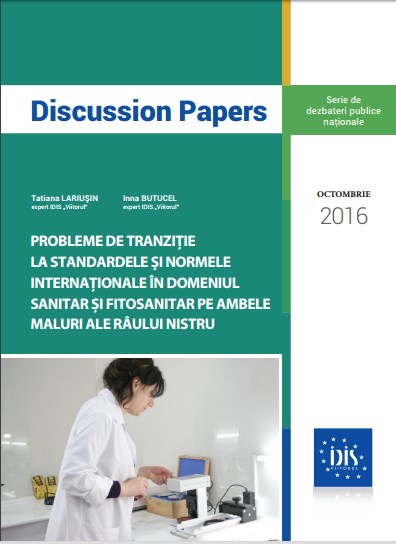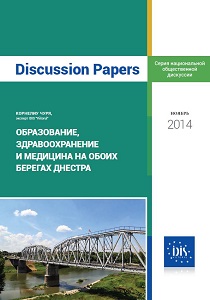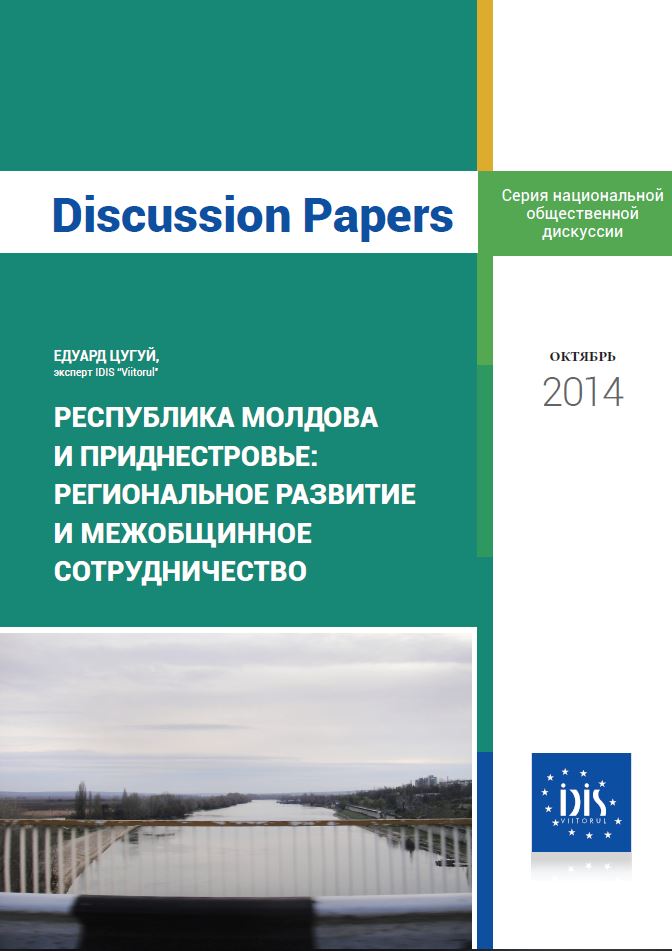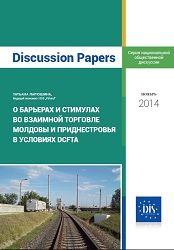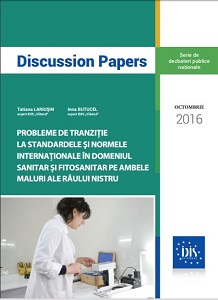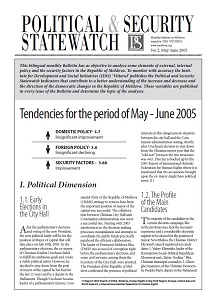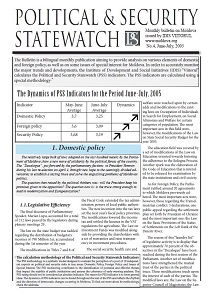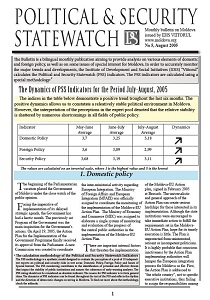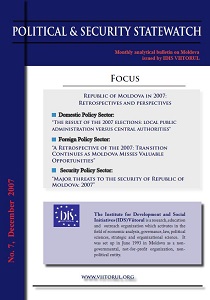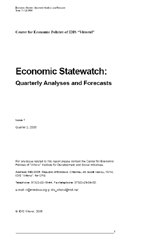
Economic Statewatch
Economic Statewatch
The IDIS Viitorul has been founded in June 1993, in Chisinau, Republic of Moldova. It is a non-governmental, not-for-profit organization, and it is not linked to any political party. The IDIS’s mission is to contribute to the growth of independent thinking environment in Moldova and in other emerging democracies; to contribute to the strengthening of the local and regional governments; to assist the expansion of the civil society in which the citizens act together to express their own interests, to exchange information and to strive for mutual goals and influence government. Consistent with this mission, the Institute for Development and Social Initiatives (IDIS) ‘Viitorul’ is forging several linkages between the academic and policy-making environments, generating policy analysis and recommendations for various areas of public interest, creating and disseminating of the best practices, good governance, and economic analysis. The Center for Economic Policy (CEP), running regular economic analysis and forecast, taxation and tax awareness of citizens, poverty reduction and other social policies. Since 2004, the CEP has initiated the publication of the Economic Statewatch (Quarterly Economic Predictor), but has published several other position papers and policy briefs in informal economy, economic policy and investments, which are disseminated among policy makers and opinion leaders. The CEP is consistently gaining a wide recognition among its target beneficiaries: private and corporate organizations, foreign donor-organizations, think tank community, banks and private sector, political parties, etc. Since recently, it has been redesigned to monitor the PRSP implementation, and cooperate with SIDA and UNPD. It has gained recently a membership in EPIN, and will strive to increase its policy impact on the public authorities and business community. Our Donors: ---------------------------------------------- In the last years, IDIS has received financial support and encouragement from a number of leading international institutions, including: • Eurasia Foundation (USA) • National Endowment for Democracy (USA) • Westminster Foundation for Democracy (UK) • Dutch Ministry of Foreign Affairs, MATRA • Local Government and Public Services Initiative, affiliated to the OSI • SPAI/Stability Pact • SOROS Foundation • UNDP/UNOPS • EU TACIS Programme Contacts: ---------------------------------------------- Dr. Igor Munteanu, Executive Director Institute for Development and Social Initiatives (IDIS) ‘Viitorul’ Chisinau, 10/1, Iacob Hincu Str., 2009 MD, Republic of Moldova Tel/fax: (+ 373/22) 21 09 32; 21.36.32; 22.71.30 E-mail: idis_viitorul@mdl.net Web: www.moldova.org
More...
